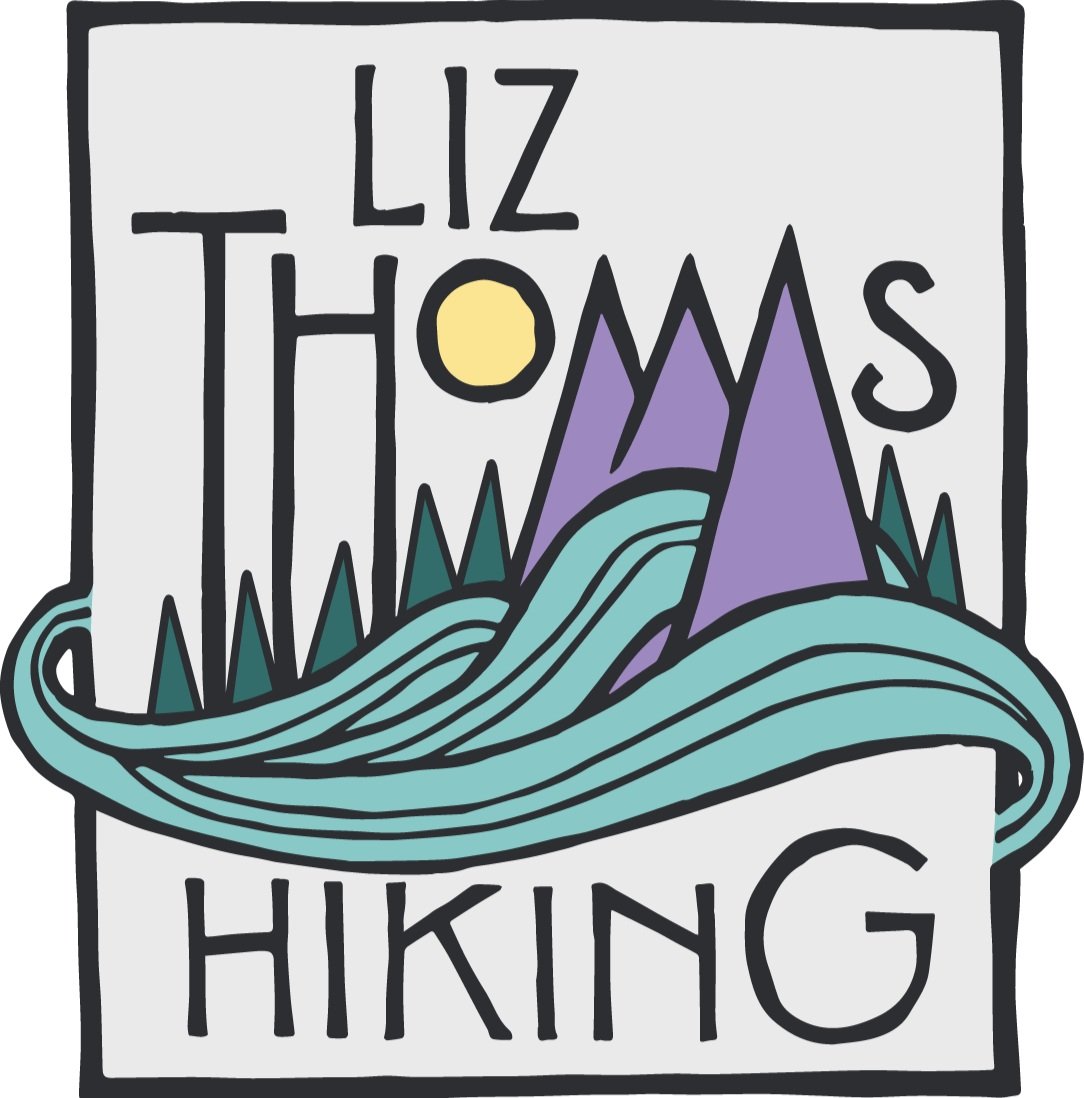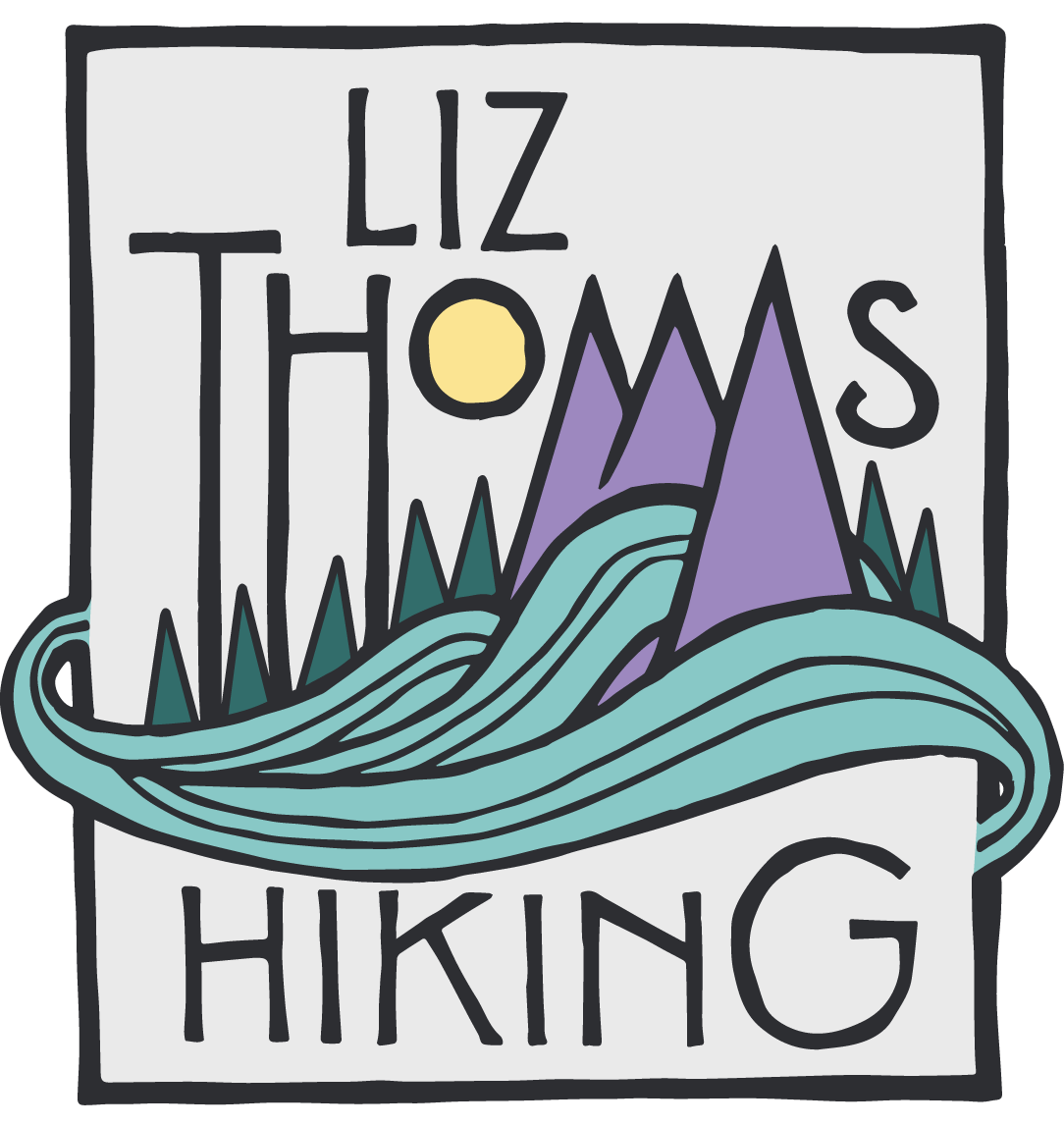Moab Trip to the Solstice Snake
A secret cross-country route near Moab will lead to this magnificant 17-foot pictograph
For fair-weathered hikers like myself, finding a sweet winter dayhike relatively free of snow and big on scenery can sometimes be a hard task. This January, instead of making my winter trip to Henry Coe State Park in California, I hit up Moab, Utah. Well known as a mountain-biking and 4-wheeling mecca, it’s the closest town to Arches and Canyonlands National Park and winter weather can be sunny and in the 40s—in essence, perfect conditions for a pack of hooligan hikers to go tromping (in a Leave No Trace kind of way) in the unexplored backcountry.
Trinity and Erin do some stretching
We met up with Will Reitveld, a seasoned desert explorer of the Utah wilds who let us in on some of his favorite Moab secrets. After dropping a car at a parking lot at the Hidden Valley Trailhead, we started the hike off a dirt road along the Colorado River. With less than five minutes of uphill walking (a reprieve from the below-freezing temperatures of the morning) and a bit of rock scrambling, we emerged at a wall of 11th-13th century pictograph from the Fremont or Anasazi people (I can’t remember which—can anyone help me here?)
Pictograph of mountain goats or elk
Since this was a relatively big snow year in Moab, much slush and ice remained on our cross country route, adding a bit to the navigational challenge. Our next big trial was downclimbing icy slick rock in a shady canyon.
Trinity downclimbs an icy chute
After crossing a dirt road, we entered the Behind the Rocks Wilderness Study Area above the cliffs of the western crest of Moab Valley. Known for Navajo sandstone domes and being unvegetated (60% of Behind the Rocks has no plants at all!), the navigationally savvy traveler gets 12,635 acres of mazed slot canyons all to herself.
A long, slow, uphill through a web of narrow ravines led us to a dead-end: we were at the bottom of a pour off with a 15 foot cliff before us. It was rock climbing time.
Time to rope up
Once we were over the pour-off, we continued to ascend to the pass between domes. Dodging willow branches lodged at the bottom of slot canyons and navigating narrow snow-covered ledges, we emerged at a stunning sunny look-out point—the top of a cliff with a steep drop several hundred feet vertically below us.
As Barefoot Jake artistically strove to take the best shot of the group, he walked on the edge of a cliff. Moving towards the edge, he nonchalantly called: “Does this cliff out below me asked?” “YES! DON’T KEEP GOING!” we all exclaimed!
After a cold day of trudging through the snow and walking on icy shelves, it was a relief to emerge at our destination: the Solstice Snake. A 17-foot long pictograph, dating to the 11th to 13th century. I had to wonder: why did the ancient people put it here? Why in a place so inaccessible and so far away from water? Above the snake on a ledge that truly could only have been reached by a great rock climber was another pictograph of a person. (Please note that if you do go to the snake, please be respectful and do not take anything and be careful sharing directions as many people consider it a secret and special place.) Nearby, there were some drawings of figures that looked a little like aliens…
Disco examines some ancient aliens
Sometimes on a hike, I get to a point where I think, “Wait—we’re not really going to go over that next, are we?” That’s how I felt about a fin—a 100 foot slab of sandstone I would have put at a rock climbing metric level of 3rd class. Sure enough, we went up and over…
Going up the steep slab fin
And then down…
Barefoot Jake tackles a sketchy downclimb
The day ended with a descent down from the Behind the Rocks WSA to our car near Highway 191. Just driving 191, one might look at the cliffs out of Moab and think there is no way up them without a rope (or a big dose of courage). Will found a small, steep gulley of reasonably not-loose rocks and a good share of snow where we could descend. It was a bit dicey for a crew of seven to go down all in a line, but we experienced minimal rockfall.
Walking an icy ledge
We were pretty relieved to hit a slippery, windy trail for the last mile back to the car ready for more great winter dayhiking!
Do you have a favorite winter day hike?












